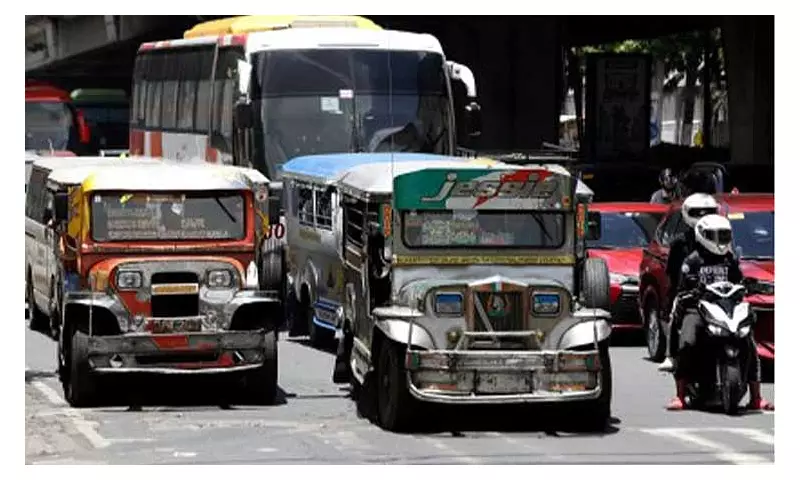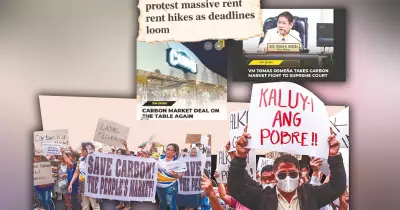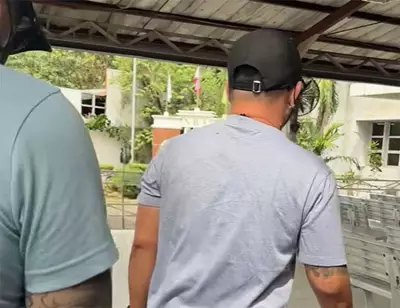
LTFRB Takes Action on Massive Backlog of Fare Increase Requests
The Land Transportation Franchising and Regulatory Board (LTFRB) has initiated a major consolidation effort to address the overwhelming number of fare increase petitions filed by public utility vehicle (PUV) operators across the Philippines. This decisive move aims to clear more than 37,000 pending petitions and motions that have accumulated due to the ongoing economic challenges facing the transport sector.
Economic Realities Force PUVs Off the Road
LTFRB Chair Vigor Mendoza II revealed in a recent statement that numerous PUV operators have been forced to cease operations because maintaining their routes has become financially unsustainable. "We understand the situation of those in the PUV sector because the prices of fuel and goods have increased, including spare parts, in the past year," Mendoza stated in Filipino, acknowledging the severe economic pressures facing transport workers.
According to official LTFRB data, at least five major transport groups have submitted formal requests for fare adjustments, with proposals ranging up to PHP5 for the initial distance and at least PHP1 for every subsequent kilometer. These petitions reflect the growing desperation among operators struggling with skyrocketing operational costs.
Immediate Relief and Comprehensive Assessment
While the comprehensive review progresses, the regulatory board has already implemented a PHP1 provisional fare increase to provide immediate relief to operators. This temporary measure is supplemented by fuel subsidies from the national government, though many in the sector argue these interventions remain insufficient.
Mendoza emphasized that the LTFRB is currently conducting a thorough assessment of all issued franchises to determine how many remain operational. This accounting follows observations from Department of Transportation (DOTr) Acting Secretary Giovanni Lopez regarding the growing shortage in public transportation availability.
Beyond simply reviewing fare petitions, the board is undertaking a comprehensive study to establish whether a direct relationship exists between the PUV shortage and the operational challenges facing transport operators. This research aims to provide data-driven solutions to the current crisis.
The LTFRB has set an aggressive timeline for resolving these issues. Mendoza has directed all regional directors to conduct public consultations on proposed fare increases and submit their findings by November 14, 2025. The consolidated findings, analyses, and recommendations will then be presented to Acting Secretary Lopez by November 17, 2025, marking a critical deadline in addressing the transport sector's pressing concerns.





